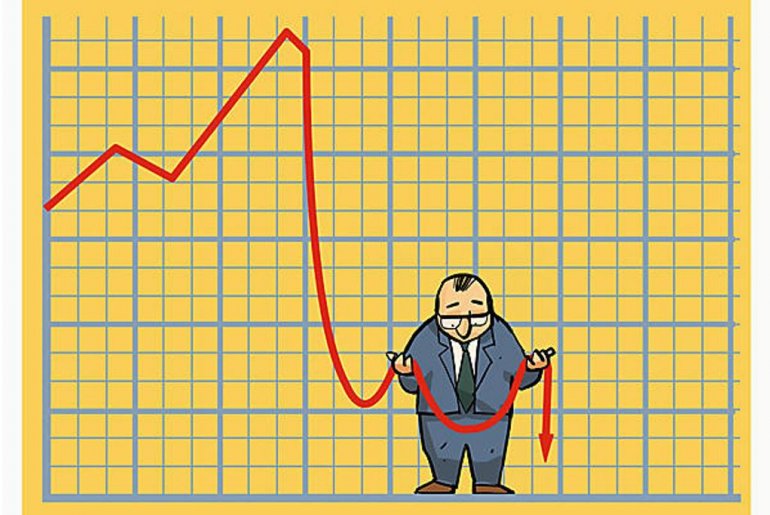 Several months ago I raised the prospect of a new round of mega-mergers among the biggest oil companies. As I noted at the time, one of the biggest questions in any such discussion is what happens to BP.
Several months ago I raised the prospect of a new round of mega-mergers among the biggest oil companies. As I noted at the time, one of the biggest questions in any such discussion is what happens to BP.
Since then, the legal liability hanging over the British company has become clearer, after a federal judge ruled last month that BP was grossly negligent in its handling of the Deepwater Horizon disaster in 2010.
For years, Royal Dutch Shell has been mentioned as the most logical suitor for BP , in part because the two companies have flirted with the idea in the past.
In its Lex column this week, the Financial Times raised the prospect that Exxon Mobil might be interested in BP. Exxon has plenty of free cash on hand – cash flow next year is expected to top $11 billion – but it has few places to invest the money that will generate a reasonable return.
It pumped $41 billion in U.S. shale plays through its ill-timed purchase of XTO, which has been a major disappointment for shareholders. It’s also invested in projects in Iraq and Kurdistan and the Russian Arctic. Those projects may now be hampered by geopolitics, including U.S. sanctions against Russia.
As the FT notes, Exxon’s competitive advantage has long been its access to capital. The best use for that capital may be acquiring production growth, and BP is the logical prospect. Despite its legal problems, BP’s production portfolio is among the most lucrative of the supermajors.
Thanks to the ongoing legal fallout from the Deepwater Horizon disaster, BP’s shares trade at a 25 percent discount to Exxon, and with its low borrowing costs, Exxon could structure a cash-and-stock deal that would quickly add to earnings.
Exxon also knows a thing or two about dealing with long-term legal liabilities, so the overhang from the Deepwater Horizon case may be less daunting than it would be for other oil companies.
While the numbers make a lot of sense, any deal might come down to Exxon’s view of BP, which has always been less than favorable. On the other hand, Exxon’s acquisition of Mobil is often cited as an example of an effective merger of large companies. Exxon managed to instill a single culture – one that placed a high degree of emphasis on safety – after the merger. Such a cultural shift might be a benefit to BP, which still hasn’t fully unified its culture from the mergers of the late 1990s.
BP’s production portfolio would definitely be attractive to Exxon, especially at the price the market is currently putting on BP. The question is whether Exxon believes those properties are worth the cultural challenges it would face in integrating BP into the Exxon fold.
Forbes.com











